nn
nnn
n Poppies have been used in Chinese medicine since thenseventh century CE, they are mentioned in a pharmacopoeia by Liu Han, Ma Chihnand others, where the seeds of the poppy – ying-tzŭ-su – are describednas being useful for those who have been taking mercury in the belief that itnimparts immortality, if the seeds are mixed with bamboo juice boiled intongruel. Wang Hsi, who died in 1488, wrote,
n
n
n
n“Opium is produced in Arabia fromna Poppy with a red flower … the capsule, while still fresh, is pricked for thenjuice.”n
n
n
n
n
n
n
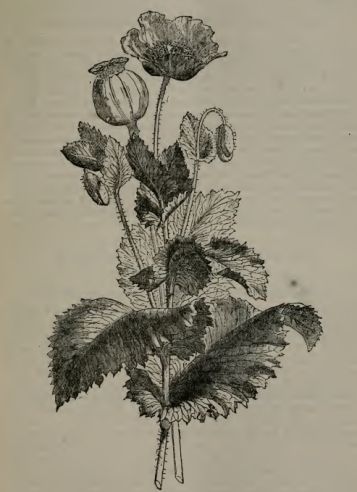 |
| Opium Poppies |
n
n
n
nIn the latter years of the Ming dynasty, in the seventeenthncentury, Spanish and Dutch merchants introduced tobacco from the Americas intonChina through the Philippines, and the practice of smoking a mixture of opiumnand tobacco began. Edicts against tobacco smoking were issued, but the habitnspread too rapidly to be effectively restricted by law. The Chinese habit wasnto smoke their tobacco in pipes, and it spread throughout the entire country,nacross all classes and was enjoyed by men and women alike.
n
n
n
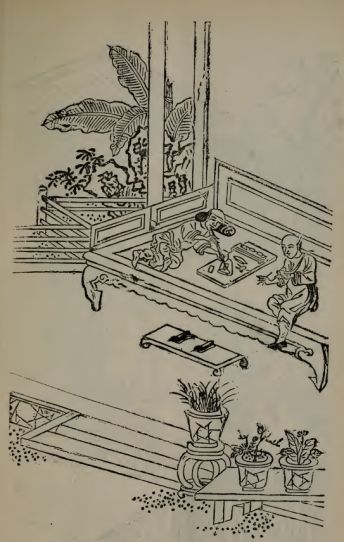 |
| Chinese Opium Smokers |
n
n
n
nIt was not untiln1729 that the first edict restricting the use of opium was issued, but this wasnalso ineffectual, due to the widespread use of the drug, not least amongstnthose in positions of power. The punishments were not inflicted on the smokers,nbut on anyone involved in the sale and distribution, and were very harshnindeed. The sellers were imprisoned for several months and then strangled,ntheir assistants were beaten with one hundred blows and subjected to anbanishment of one thousand miles.
n
n
n
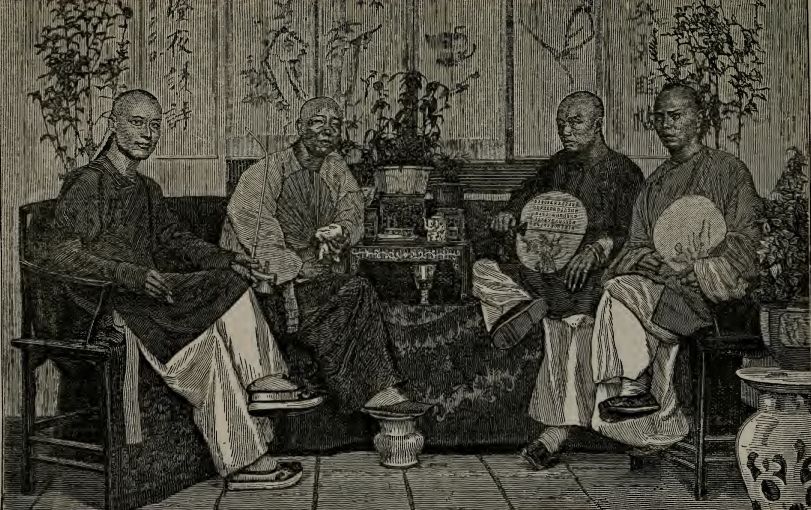 |
| Chinese Merchants |
n
n
n
nRunners, magistrates, police, boat-keepers,nindeed anyone bar the smoker (who, it was felt, had suffered enough with theirnaddiction), were all severely dealt with, as it was attempted to remove thenscourge from China. In a report to the British parliament of 1783, it wasnreported that any vessel caught importing opium to be used for smoking would benconfiscated, the opium would be destroyed and any Chinese members of the crewnwould be executed.
n
n
n
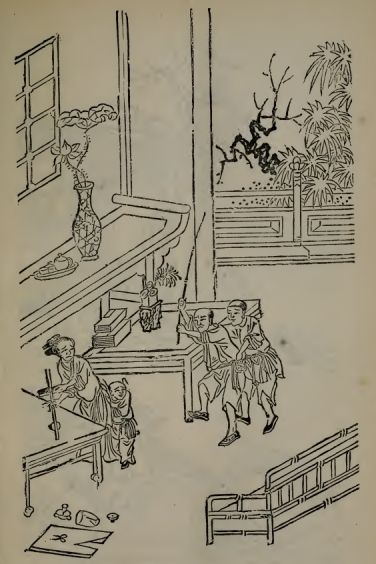 |
| A Wife tries to destroy an opium smoker’s pipe |
n
n
n
nNevertheless, contraband opium continued to be smuggled intonthe country and as more opium entered the market, more addicts were created,nand more addicts meant further opium was needed to feed their habit, resultingnin a terrible self-replicating circle. The main reason for the failure of thenofficial policy was the great number of corrupt of Viceroys, Governors, CustomsnOfficers and so forth, who were far to easy to bribe, either with silver orneven with opium itself, compounding the problem still further. It is estimatednthat Dutch and Portuguese traders were importing no more than two hundrednchests of opium per year at the time, and the edict was intended to stop thensmoking of opium, rather than restricting its import for medical use.
n
n
n
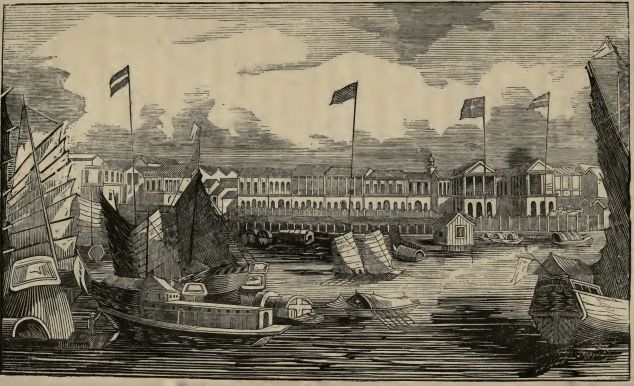 |
| Canton |
n
n
n
nIn 1773,nthe Dutch trade ended and English merchants, trading from Calcutta, took overnthe importing of opium into China, until the East India Company in turn tooknover the trade in 1781, and by 1790 the imports had risen to four thousandnchests per year. As the smoking of opium spread throughout southern China, thenJiaqing Emperor issued an edict banning its importation and smoking, togethernwith the cultivation of poppies, and opium became a contraband cargo.
n
n
n
 |
| The Great Wall over the Hills |
n
n
n
nThenBritish, trading through the East India Company, bought vast amounts of goodsnfrom China, including tea and porcelain, for which they paid in silver but thenChinese imported very few goods from the west, resulting on a drain in hardncurrency from Europe.
n
n
n
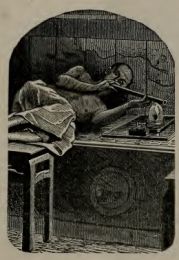 |
| Smoking Opium |
n
n
n
nThe opium trade reversed this situation, as silver begannto ooze out of China, to the consternation of the Emperor, who needed funds tonsuppress internal revolts in his realm. British vessels shipped the opium tonLintin Island, where it was unload and the ships proceeded into Canton withntheir legitimate cargoes, whilst smaller native vessels smuggled the prohibitedndrug ashore later. It was a cash trade on an open market, and demand continuednto grow, from an average of about five thousand chests in the 1810s, which hadndoubled by the following decade.
n
n
n
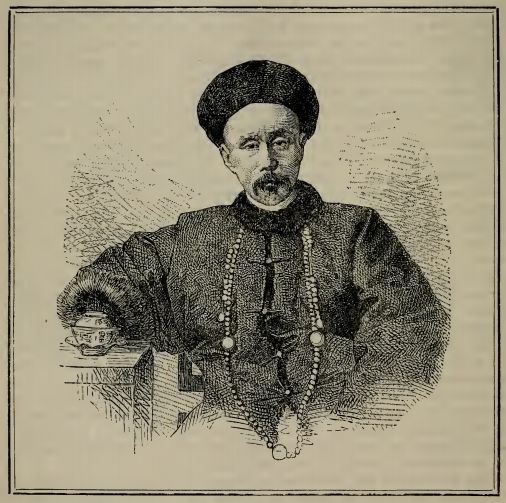 |
| Imperial Commissioner Lin Zexu |
n
n
n
nFrom 1820 on, the new Dauguang Emperor issuednmany more edicts banning opium and sent his Commissioner Lin Zexu south, tonenforce the edicts. Lin arrived in Canton (now Guangdong) in March 1839 and hadnan immediate effect. He was an tremendously efficient bureaucrat andnadministrator, and was noted for his honesty and morality, and he confiscatednover 20,000 chests of opium (over one million kilograms) which he hadndestroyed, arrested over 1,700 opium dealers, and seized over 70,000 opiumnpipes.
n
n
n
 |
| Crates of Opium awaiting destruction |
n
n
n
nBut Lin Zexu did something else in his attempt to stamp out the opiumntrade. I will tell you what that was tomorrow.
nnn
n
nnn
